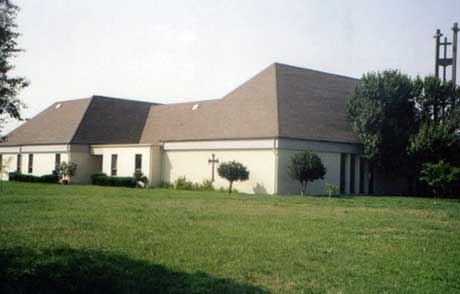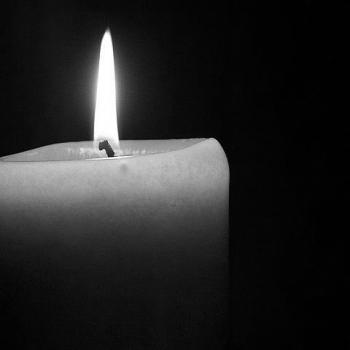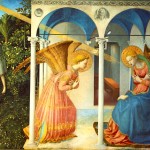Details, from the Virginian-Pilot:
The Roman Catholic Diocese of Richmond has told the nation’s only blended Catholic and Episcopal parish it must change its worship services so Catholics and non-Catholics meet in separate rooms for Holy Communion.
The parish, Church of the Holy Apostles, is led by Catholic and Episcopal co-pastors and has worshipped together for more than 30 years.
It’s an arrangement, parishioners say, that over the years has allowed families in mixed marriages to worship side by side and has helped build bonds that transcend denominational boundaries.
In an emotionally charged meeting Monday with parish leaders, representatives of the Catholic diocese voiced support for the ecumenical congregation, said the Rev. Michael Ferguson, the parish’s Episcopal pastor.
But the officials made it clear the current worship practice – using a combined liturgy in which the priests move to separate altars in the same room to say the Eucharistic prayers – was unacceptable, Ferguson said.
They instructed the parish to come up with a plan that provides for separate liturgies in separate rooms, Ferguson said.
“What was left in our laps was to develop a way to be together in those parts of the service where it would be acceptable to the diocese for us to be together and then to separate…without making it disjointed,” Ferguson said.
Ironically, it comes just after the parish marked its 35th anniversary. The Catholic Virginian took note in October:
Holy Apostles was established on All Saints Day in 1977 in the chapel at the Barry Robinson Center in Norfolk by Bishop Sullivan and then Bishop David Rose of the Episcopal Diocese of Southern Virginia. It is designed to serve as a community to “double belonging” families in which one or more of the family members are Roman Catholic or Episcopalian.
“It allows to celebrate their common faith in one service of unity that respects each tradition and its canons,” said Father Jim Parke, Catholic co-pastor.
“Its vision reflects the spirit of the Second Vatican Council that called for each diocese to establish an ecumenical commission to work for Christian unity for which Jesus Christ prayed.”












